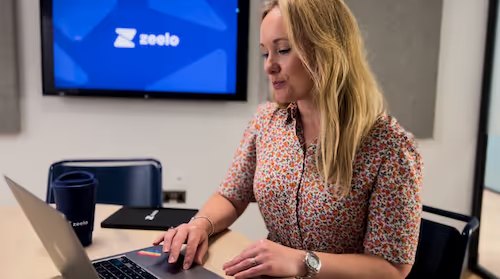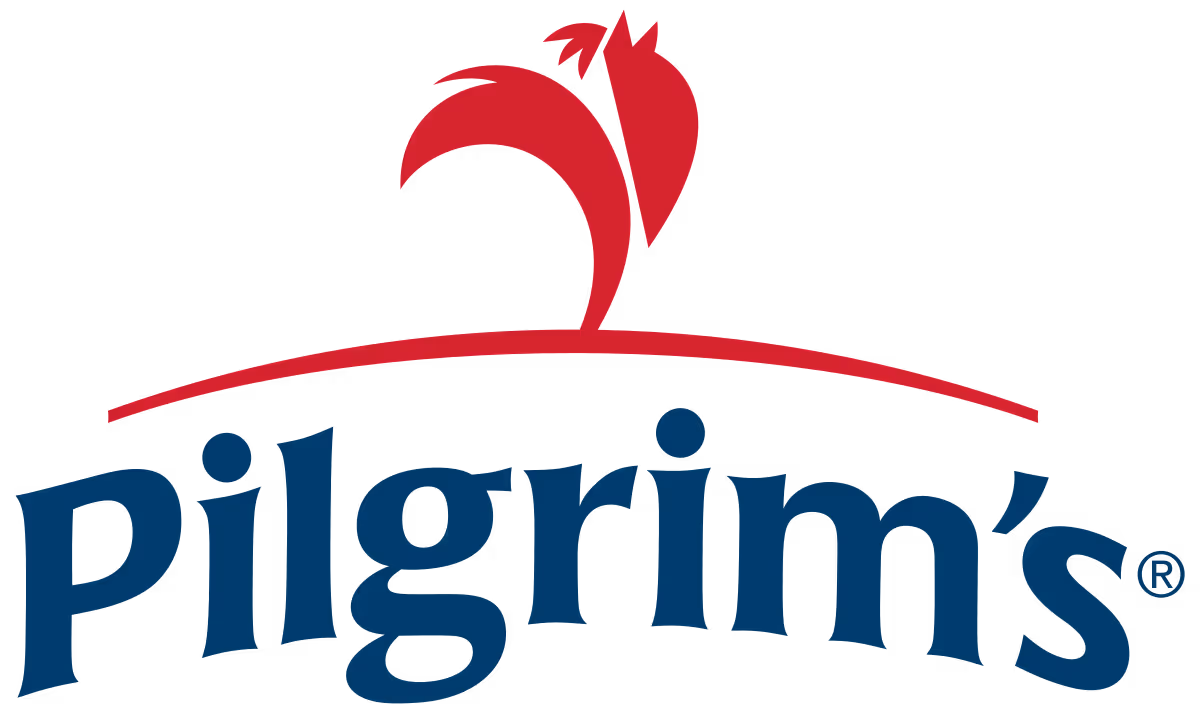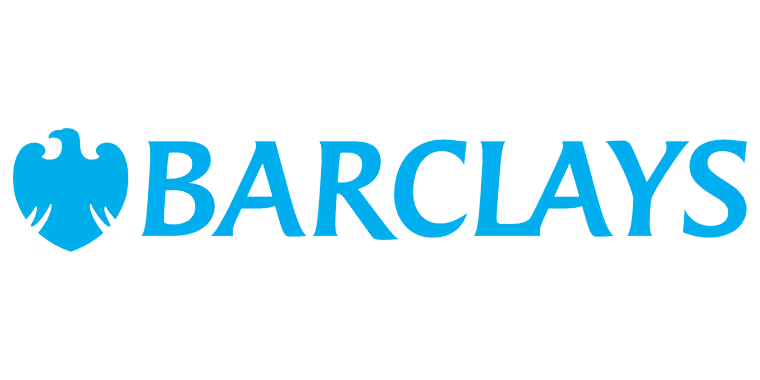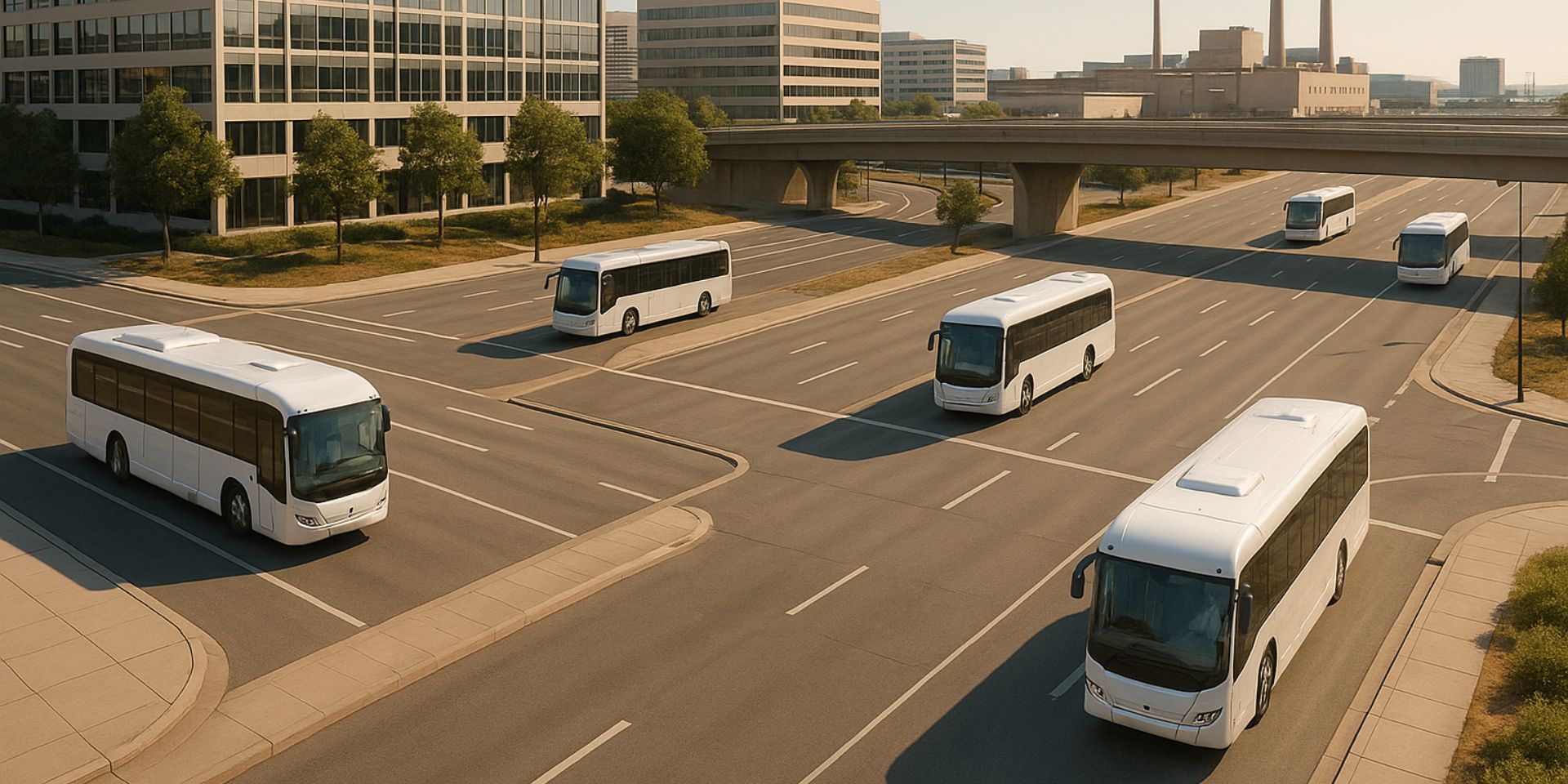How has Coronavirus affected parking issues?
.avif)
Public transport reluctance
Research carried out in 2020 by the Chartered Institute of Personnel and Development (CIPD) highlighted 35% of people were anxious about commuting to work. That statistic increased to 6 in 10 in London.
The pandemic has changed attitudes to driving versus public transport, with the RAC reporting less than 43% of drivers would reduce car use, even if train and bus services improved. That marks the first time the figure has dropped below 50% since 2002. Their yearly Report on Motoring also found 57% of UK motorists think having a vehicle is more important now than pre-pandemic.
“The pandemic had the effect of making drivers who already had cars realise that they would depend on them more than ever,” says Data Insight Spokesperson for RAC Rod Dennis. “The million-dollar question is whether or not this is a deep-rooted change.”
On top of that evidence, a global survey by transit app Moovit shows as many as a third of people have stopped using public transport in some cities because of Covid. And a survey by Campaign for Better Transport sees cars continuing to be the preferred way of getting from A to B for around half of UK journeys post-pandemic.
Research by Transport Focus breaks the UK population into five segments:
- Cautious car choosers. More likely to have owned a vehicle pre-Covid and have strong concerns about the virus, meaning they’re unlikely to use public transport
- Anxious and affected. More likely to rely on public transport despite concerns about the pandemic, but feel not enough is being done in terms of safety on train and buses
- Rethinking reducers. More likely to have used public transport pre-pandemic, but are reevaluating, and think they’ll use trains and buses less going forward
- Spring-back socialisers. Keen to get back to normality and more likely to use public transport
- Carefree and carrying on. The least worried about Covid, and have used public transport recently
The above figures and data may well change over time as the situation continues to evolve, but it’s likely some degree of concern will remain. And for the moment at least, travel habits have changed.
As a result, there are more cars on the road in densely populated urban areas that traditionally rely heavily on public transport. For example, in March 2021, congestion in London, the East, the West Midlands and the South East was worse than pre-pandemic. What’s more, traffic delays in London went up by an average of 30% on the city’s A-roads since January 2020.
Impact On Parking
These factors impact parking, as well as the environment. And that’s before we consider how employers feel about the situation. The short answer? Mixed. For example, despite the above stats, ParkOffice.io’s 2021 State of Employee Parking Survey highlights 26.8% of firms are seeking to reduce employee car parks, with 7.3% aiming for a large reduction.
Conversely, 15.9% of organisations want to increase their parking allocation. Whichever side of the fence you’re on, parking is a concern for companies, with 47% identifying it as an issue. And 30% believe the situation will be intensified by the flexible conditions many workplaces are offering.
So, with such uncertainty, what can businesses do to tackle parking issues arising from more cars on the road and fewer people using public transport? Thankfully, there are a host of innovative solutions that can help.
Affordable Commuting Solutions
Enter Zeelo, offering businesses a safe, smart commute, with sustainability as one of its core pillars. Companies free up car park space and reduce congestion with Zeelo – at both business sites and schools.
By using Zeelo, you provide employees with an alternative and affordable commuting solution to driving or traditional means of public transport. As well as improving retention, you also attract new candidate pools.
At the same time, you’re kind to the environment, allowing you to hit sustainability targets, reduce carbon footprint, and tackle air pollution. What’s the outcome when Zeelo provides a transport alternative to 100 people?
- 403 kilos of carbon dioxide is saved every single day
- 91 tons of CO2 is saved across a year
That’s the equivalent of planting 600 trees. Even better, Zeelo offers 100% electric vehicles, meaning a net-zero commute.
As well as these benefits, what else does Zeelo deliver for its business partners and their employees?
- Route design
- Vehicle management
- Booking platforms
- Live tracking
- 24/7 support
- Reporting and insights
Jaguar Land Rover (JLR) and Zeelo
Here you have an example of Zeelo in action. How did its sustainable commuting solution help Jaguar Land Rover?
JLR employs more than 5,000 people at their Gaydon site and was experiencing problems with parking spaces as well as congestion. Employees were pushing for action as was the local council. Technologically forward Zeelo analysed the situation using an algorithm, identifying a route to serve staff effectively.
Their research also highlighted the need for WiFi on the smart buses, enabling workers to catch up on emails or simply relax with a podcast. By introducing Zeelo, employees make the most of:
- A personalised route with eight pick-up locations and 10 service times
- Drop off outside the office, saving 20 minutes a day walking to and from the car park
- Ability to easily book and manage passes via Zeelo’s app and website
As well as tackling congestion, JLR wanted to make savings on parking costs. Did they achieve that?
“Zeelo removes 300 cars a day from our car park which has allowed our site to operate without any disruption,” says the JLR Travel to Work Team. With that, thousands of pounds are saved by not having to build extra parking spaces.
The future of parking
With more staff heading back to the workplace for at least some of the week (as well as those workers who weren’t able to work from home in the first place), and the desire to drive increasing, the hassle of parking increasingly comes into play.
More vehicles on the road puts pressure on parking as well as the environment – an ever-pressing concern. The landscape is changing and will no doubt continue to do so. What remains a constant is Zeelo.
The innovative company helps with both parking and sustainability issues by offering alternative and affordable commuting and corporate shuttle solutions and the opportunity to go net-zero.
We help companies and schools achieve their transportation program goals
Corporate shuttles


Warehouse/Distribution


Schools & Universities


Become a partner


Want to know how we can help you?












